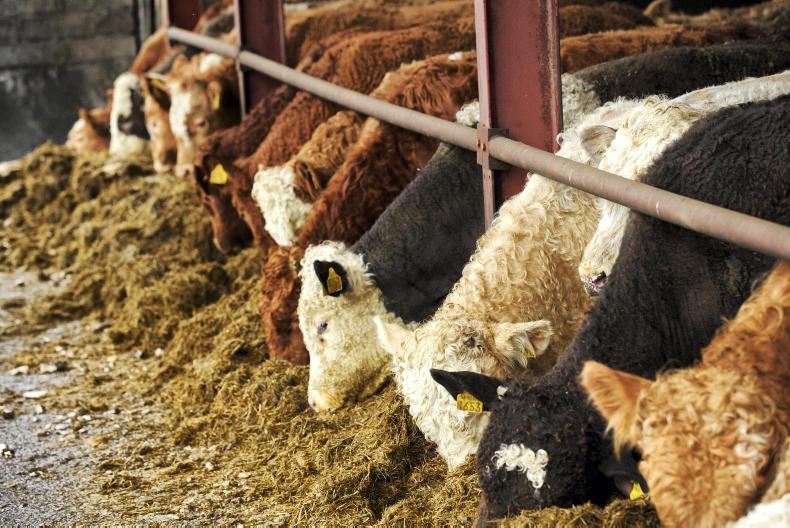A nationwide on-farm emergency slaughter service should be supported to allow farmers to slaughter injured but otherwise healthy animals on farm, vets have said.
All stakeholders including Veterinary Ireland, the Department of Agriculture, Meat Industry Ireland, the IFA and others should support the availability and the acceptance of such a service, a new report has recommended.
The conflict between animal welfare, financial loss to the farmer and pressure from farmers and factory personnel was highlighted by a UCD study group.
The report in the Irish Veterinary Journal was authored by Manuel Magalhães-Sant’Ana, Simon J. More, David B. Morton and Alison J. Hanlon.
It highlighted that vets may feel under emotional and financial pressure from farmers to certify an animal as fit to travel, while veterinary inspectors may face conflicts of interest at the factory.
Senior line managers, farmers and factory owners often put “pressure on the veterinary inspectors in the plants not to condemn animals on arrival when maybe they should.”
A 2012 study by Mary Cullinane of 1,255 veterinary certs issued between 2006 and 2008 found that the median time between certification and slaughter was one day.
Some 82% of animals were transported no more than 40km to slaughter.
That report recommended that vet certs should have a maximum period of validity and a maximum distance for transport.
Magalhães-Sant’Ana’s group said ways to promote animal welfare over commercial value should be looked at, including subsidised knackery disposal or cross-compliance penalties. It also said the Department of Agriculture should consider re-introducing the fallen animal scheme (discontinued in 2009).






 This is a subscriber-only article
This is a subscriber-only article





SHARING OPTIONS: